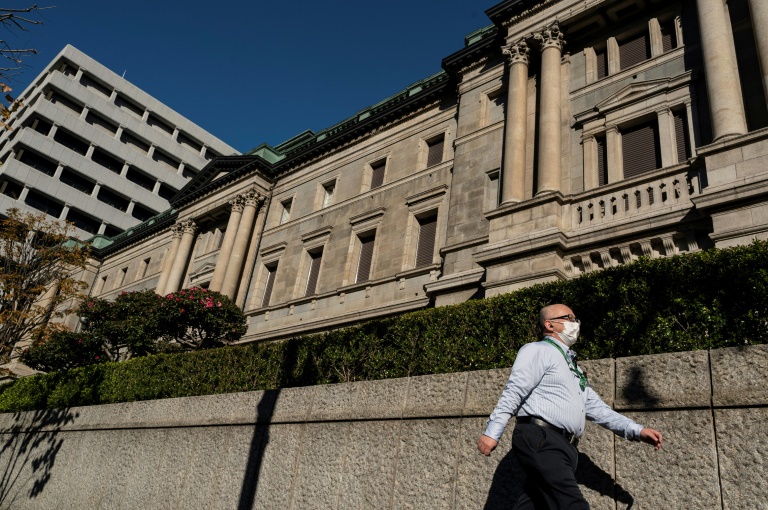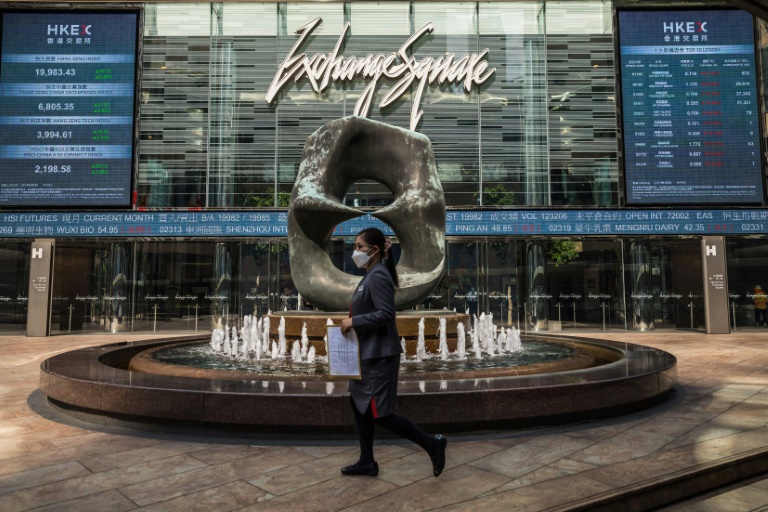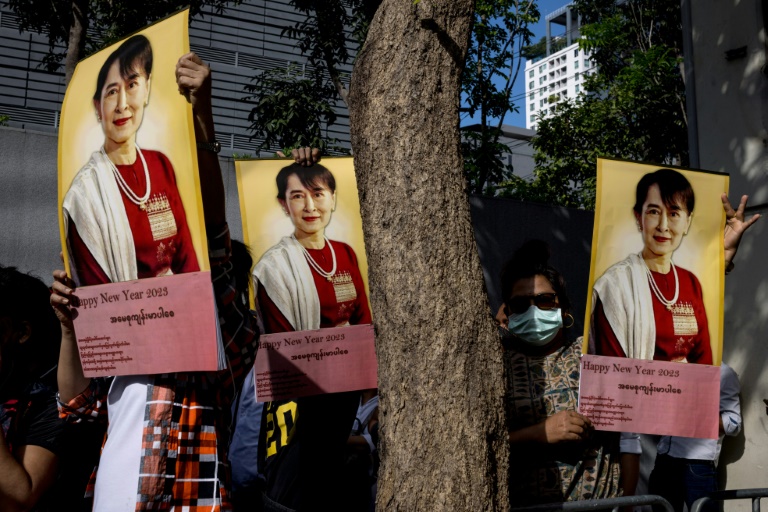The grain deal, overseen by a Joint Coordination Centre in Istanbul, has allowed more than 9.7 million metric tonnes of grain and other foodstuffs to leave Ukrainian ports
Russia on Wednesday rejoined a deal to allow Ukrainian grain exports through the Black Sea but Russian President Vladimir Putin warned Moscow could pull out of the agreement again.
The revival of an agreement aimed at easing fears of global food insecurity came just as Washington warned it was “increasingly concerned” that Moscow could use nuclear weapons in its campaign in Ukraine.
Russia’s defence ministry said it had received “sufficient” guarantees from Kyiv that it would not use the maritime corridor to carry out attacks on Moscow’s military.
UN Secretary-General Antonio Guterres “warmly” welcomed Russia’s decision to resume participation in the agreement, which was brokered by the UN and Turkey in July and allows for joint inspections of ships.
President Vladimir Putin said Russia could leave the deal again if Ukraine “violates” its guarantees but would “not interfere” with any grain deliveries even if it did so.
The Ukrainian president’s chief of staff Andriy Yermak said Russia’s change of mind just days after announcing it was pulling out of the deal “puts an end to many years of Russian blackmail diplomacy”.
A Turkish security source said the corridor was open again from 0900 GMT although no departures from Ukraine were planned Wednesday.
The deal, overseen by the Joint Coordination Centre in Istanbul, has allowed more than 9.7 million metric tonnes of grain and other foodstuffs to leave Ukrainian ports.
This has brought much-needed relief to a global food crisis triggered by the conflict between Russia and Ukraine, which are both major global grain exporters.
Russia on Saturday had said it was temporarily pulling out, accusing Ukraine of misusing the safe shipping corridor to launch a drone attack on its Black Sea fleet.
Moscow warned the route was “dangerous” for shipments without its participation in the agreement but some deliveries from Ukraine still went ahead on Monday and Tuesday.
Ukrainian President Volodymyr Zelensky on Tuesday had urged “reliable and long-term protection” of the corridor while Russia’s Vladimir Putin demanded “real guarantees”.
In a call with Zelensky on Tuesday, French President Emmanuel Macron denounced Russia’s decision to exit the deal saying it “again harms global food security”.
The Russian defence ministry on Wednesday said it obtained written guarantees from Kyiv “thanks to the participation” of the UN and “assistance” from Turkey.
It said Kyiv guaranteed “the non-use of the humanitarian corridor and Ukrainian ports determined in the interests of the export of agricultural products for conducting military operations against the Russian Federation”.
– ‘Turbulent situation’ –
The White House meanwhile said repeated discussion by Russian officials of the potential use of nuclear weapons in Ukraine has left US officials worried that the possibility could become a reality.
“We have grown increasingly concerned about the potential as these months have gone on,” said White House national security spokesman John Kirby.
Kirby also said North Korea was sending a “significant” amount of artillery ammunition to Russia under cover of shipments to the Middle East or Africa.
He did not confirm a New York Times report that high-level Russian military officials recently discussed when and how they might use tactical nuclear weapons on the battlefield.
The report, which cited unnamed US officials, said Putin did not take part in the discussions and there was no indication the Russian military had decided to deploy the weapons.
At the same time, Russia’s foreign ministry said the world’s “top priority” should be to avoid a clash of nuclear powers.
“We are firmly convinced that in the current difficult and turbulent situation — a consequence of irresponsible and shameless actions aimed at undermining our national security — the top priority is to prevent any military clash of nuclear powers,” a foreign ministry statement said.
Moscow called on other nuclear powers to “abandon dangerous attempts to infringe on each other’s vital interests”.
It said Moscow’s nuclear doctrine is “purely defensive in nature”, only allowing the Kremlin to use such weapons in the event of nuclear aggression or “when the very existence of our state is threatened”.
Russia has repeatedly suggested that Ukrainian territories it claims to have annexed are protected by its nuclear doctrine.











